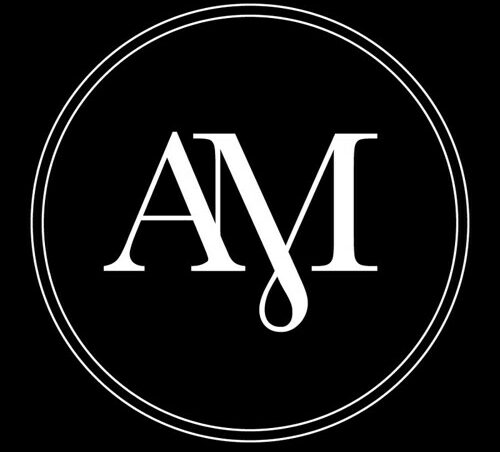In the vibrant intersection of fashion and entertainment, designers find a dynamic platform for showcasing their creativity and brand. However, this intersection is not just about glamour and creativity; it’s also where complex legal considerations come into play. As a law firm specializing in art and entertainment law, we understand the unique challenges and opportunities at this crossroads. This article aims to guide fashion designers through the key legal aspects they should be aware of when navigating the entwined worlds of fashion and entertainment.
Intellectual Property Protection
- Copyright: While basic clothing designs are generally not copyrightable, unique elements like original prints, patterns, and graphics are. Understanding how to protect these aspects is crucial for designers.
- Trademark: Your brand name, logo, and distinctive designs can be trademarked. This is vital for brand recognition and protection, especially when your designs are featured in entertainment settings.
- Design Patents: For unique, novel, and non-obvious designs, consider obtaining design patents. These offer protection against imitation and counterfeiting.
Collaborations and Licensing Agreements
- Celebrity Collaborations: Collaborations with celebrities can be a powerful way to gain exposure. However, these partnerships require clear agreements outlining each party’s rights, responsibilities, and financial arrangements.
- Licensing Agreements: When your designs are used in movies, TV shows, or other media, ensure you have licensing agreements in place. These agreements should specify the scope of use, duration, and compensation.
- Product Placement: If your designs are being featured as part of a product placement deal, understand the terms of the agreement, including how your products will be showcased.
Fashion Shows and Media Rights
- Fashion Show Contracts: Organizing a fashion show often involves contracts with models, venues, and sponsors. These should clearly articulate terms regarding payment, rights, and obligations.
- Media Rights: Control over how your fashion show is recorded and broadcasted is crucial. Ensure you have agreements that specify who owns the footage and how it can be used.
Counterfeiting and Knockoffs
- Vigilance Against Imitation: Counterfeiting and knockoffs are prevalent issues in the fashion industry. Implement measures to monitor and take action against counterfeit versions of your designs.
- Legal Action: Be prepared to take legal action to enforce your IP rights if your designs are copied without permission.
Employment and Labor Law
- Employment Agreements: If you employ staff, ensure that employment agreements comply with labor laws. This includes contracts with freelance designers, models, and support staff.
- Working Conditions: Be aware of the legal requirements regarding working conditions, especially when producing or showcasing your designs.
Navigating the Legal Landscape
- Stay Informed: Laws and regulations related to fashion and entertainment law can evolve. Stay updated on legal developments that could impact your business.
- Seek Expert Advice: Consider consulting with legal experts who specialize in fashion and entertainment law. They can provide tailored advice and help you navigate complex legal issues.
- Document Everything: Keep thorough records of all contracts, agreements, and IP registrations. These documents are essential in protecting your rights and interests.
For fashion designers, the blend of fashion and entertainment offers exciting opportunities for creativity and exposure. However, navigating the legal intricacies of this space is crucial for protecting your designs, brand, and business interests. By understanding and proactively managing the legal aspects of intellectual property, collaborations, media rights, and labor laws, you can solidify your position in the fast-paced world of fashion and entertainment. Remember, in an industry where creativity meets commerce, legal savvy is not just an asset; it’s a necessity.
